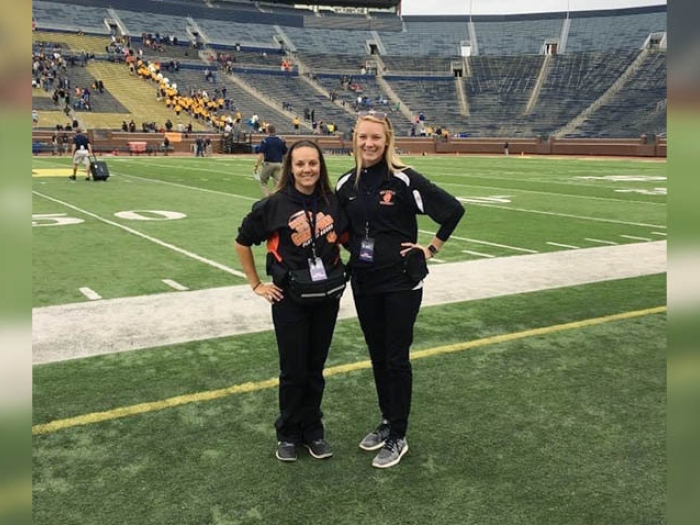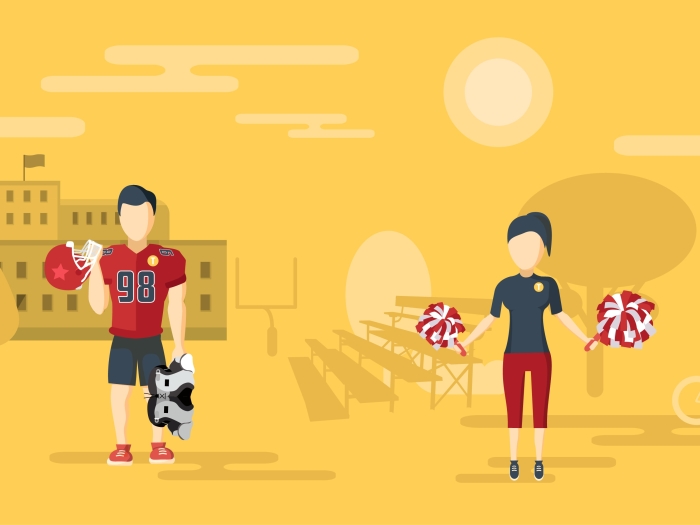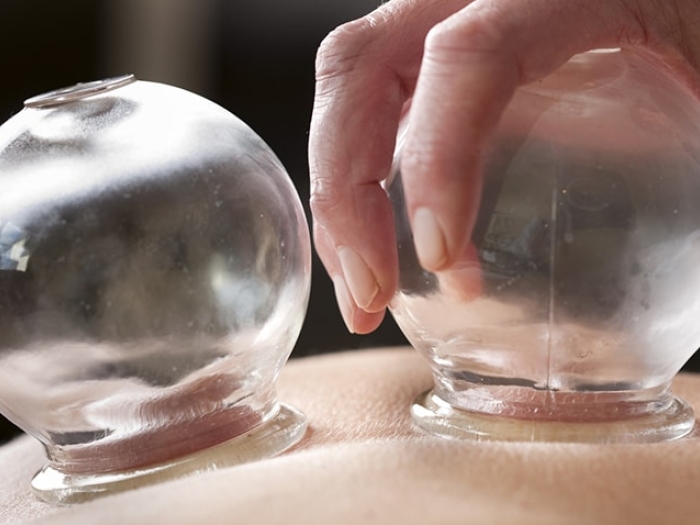Whether you’re golfing, biking, jogging or joining another activity this summer, use these tips to avoid a season-derailing injury.
1:00 PM
Author |

It was a long winter and now you're ready to head back outdoors and start playing your favorite summer sports.
But before you jump into a strenuous workout or sports activity, it's important to consider your muscles and the fact they haven't moved much in a while.
Troy Henning, D.O., assistant professor of physical medicine and rehabilitation at the University of Michigan Comprehensive Musculoskeletal Center, explains why jumping right into an adult baseball tournament or golf league might result in some unexpected injuries.
"When your muscles haven't been used over the course of several months, they lose their endurance and ability to respond properly to dynamic activities," Henning says.
"If you start doing too much physical activity too fast, it can cause subtle muscle and/or tendon injuries. Underlying joint or tendon disease can be flared with sudden activity changes."
Instead, Henning suggests five ways to ease back into your summer sports schedule.
Use a goal-directed program.
Setting attainable goals can help you establish a new exercise regimen that you can adjust periodically based on how you are feeling, and it will get your muscles back into a routine. Gradually introduce different forms of exercise such as strength training, balance exercises and cardio. Each week, set a goal for the number of exercise sessions you would like to have and duration for each session. If those goals were too easy or too challenging, consider adjusting the intensity by 10 to 20 percent.
Join a group exercise class.
Group exercise classes can be a fun and easy way to develop a fitness routine you can use for weeks to come. Because they are generally taught by a certified trainer, your pace can be guided to allow for a gradual buildup of muscular strength and endurance, instead of pushing yourself to the limit right at the beginning.
Switch up your exercise routine.
Consider changing up your exercise routine every few months. Your body will naturally respond to what you are doing and adapt to become more efficient (thereby burning fewer calories and making small strength gains). Switching up your schedule will keep your muscles guessing and help to reduce your chance of an overuse injury, which comes from using the same bone, tendon, muscle or ligament so much that it becomes overly stressed and does not heal properly.
Seek expert advice.
You more than likely aren't professionally trained in proper musculoskeletal exercises, and that's OK. Find a personal trainer or physical rehabilitation specialist who can help you develop an exercise routine that works for you. Medical and physical rehabilitation centers can also offer reputable exercise advice. Beware of programs promising a quick fix and those from nonreputable sources.
Develop an exercise routine you can stick with.
Exercising year-round allows you to hop into a summer sports schedule much easier. Try to avoid long stretches away from exercise, as your body's strength and physical condition can decrease fairly rapidly. In fact, it can happen even just a few weeks after quitting an exercise program.

Explore a variety of health care news & stories by visiting the Health Lab home page for more articles.

Department of Communication at Michigan Medicine
Want top health & research news weekly? Sign up for Health Lab’s newsletters today!





